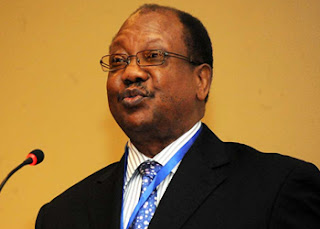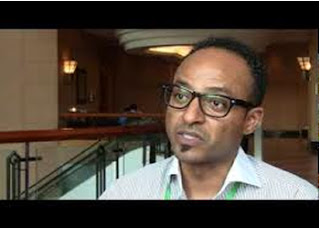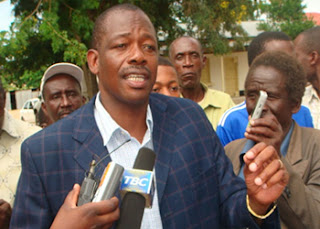The guidelines were launched by former Attorney General, Judge (rtd) Mark Bomani at a one-day annual media ethics symposium organised by MCT in Dar es Salaam yesterday.
John Mireny MCT's Publication, Research and Documentation Manager said the council produced manuscript to help the industry to fight declining ethics.
While the document will be made available to journalism training institutions, he said the same will be given to newsrooms to be availed to journalists who had not been to journalism training institutions.
Meanwhile Judge Bomani has suggested that one way of reducing the prevalence of crime in Tanzania is to ensure proper custody and use of firearms.
Hed warned against use of such arms by members of the public and security organs, especially the police force to stop people from exercising their basic human rights such as the freedom of expression, belief and assembly and the right to life.
“I don’t think these groups understand their boundaries when it comes to use of firearms,” he said, noting that on several occasions police have opened fire on unarmed crowds.
He said, there are various threats to the peace and security of the country however, key players such as the police force must redefine their scope of power particularly the use of firearms they bear.
Judge Bomani, who has also previously served as Chairperson of MCT Ethics Committee, underlined the intricate part played by the media industry in raising awareness and exposing the extra judicial killings.
“Journalists must work within their professional boundaries…it is media that brings people together and builds unity necessary for the socio-economic development of the nation,” he explained.
Kajubi Mukajanga, MCT secretary general expressed dismay at the recent remarks by the top government leader that according to him, ‘encouraged police brutally’.
According to him ‘journalism is increasingly becoming a dangerous profession in this country….”
He pledged that MCT will continue to work to protect journalists.
Judge Bomani also presented to Mtwara press club, media reflector jackets that will ease their identification while in the field.





.jpg)







